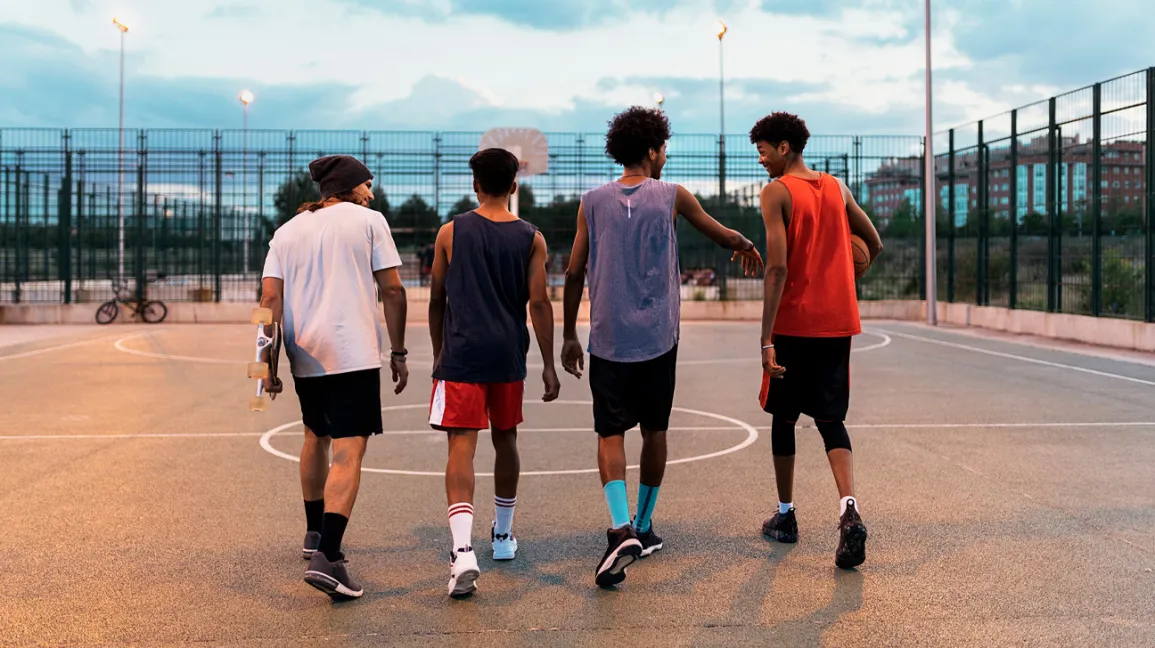ISLAMABAD, July 14(ABC): Good times with old friends are some of the best memories that can pop up when you least expect them. And when nostalgia hits hard, it’s easy to wonder how your long-lost pals are.
New research finds that reaching out to an old friend and asking what’s happening in their life can be good for your mental health — and theirs, too.
In fact, people don’t realize how much an unexpected phone call, text, or email is appreciated, according to research published by the American Psychological Association.
“I think people are often very surprised to be reached out to. I think they feel touched to be thought of and not forgotten, and I think these positive feelings of surprise further amplify how appreciative they are of simply being reached out to,” Peggy Liu, PhD, lead author and associate professor at the University of Pittsburgh, told Healthline.
Liu led a series of experiments that included more than 5,900 participants in order to analyze how well people understand the impact of initiating contact with others.
In one experiment, half the participants indicated when they last texted, emailed, or called a person they lost touch with “just because” or “just to catch up.”
The other half of the participants were asked to think of a time when someone reached out to them. The researchers found that those who did the reaching out underestimated how much their gesture meant to the person they connected with.
“I think people often hesitate to reach out for various reasons, which can include not fully understanding the benefits of reaching out. I hope our research removes one of those barriers — people likely will appreciate you reaching out more than you expect,” said Liu.
Think about why you want to reach out
While Liu hopes her research encourages people to reach out to friends, coworkers, and others with whom they’ve lost touch, she notes that her research focused on people reaching out to those with whom they had positive interactions in the past.
“We have not yet examined people reaching out to others with whom they have had a falling out, so it’s possible that the results could be different if we examined people reaching out to others with whom they have had a falling out,” she said. “Importantly though, I think most of our social relationships are with those with whom we primarily have a history of positive interactions.”
Before sending a note, Moffa suggested giving thought to why you are reaching out to an old friend by asking yourself:
- Is reaching out in my best interest given the history of our relationship?
- Could this be harmful to my well-being?
- What do I hope to get out of it?
- What are my expectations?
- Can I prepare emotionally for the possibility of being rejected or ignored?
- Am I prepared to share intimate details of my life since we last spoke?
- Can I be vulnerable and honest with this person?
“Knowing why we are reaching out will help us be more authentic and manage expectations,” she said. “I think that depending on the type of relationship, as well as the details as to the reason the relationship detached can help determine how much joy it can bring to our well-being.”
For instance, if the relationship was abusive or unhealthy, she said first ask an objective person you trust what they think about you reconnecting with the distant person. This can help you gain a deeper understanding of what your intentions really are.
“When we are vulnerable, we tend to be more reactive, but this can open us up to rejection and in turn a decline in our overall mental well-being,” said Moffa.
And while she agreed that connection can help with loneliness, she noted that when people are lonely, they tend to look for comfort, which might include reaching out impulsively to an old connection.
“When we are lonely or feeling vulnerable, we likely aren’t reflecting on whether this reconnection is in our overall best interest. Pausing and understanding why we are reaching out will help us get clear on what our hopes and expectations might be, as well as whether this is a healthy course of action for us,” she said.
If you decide to reach out to someone from your past after thinking it through, go for it, but “try to be gentle with yourself no matter what the intentions or results,” said Moffa.



























